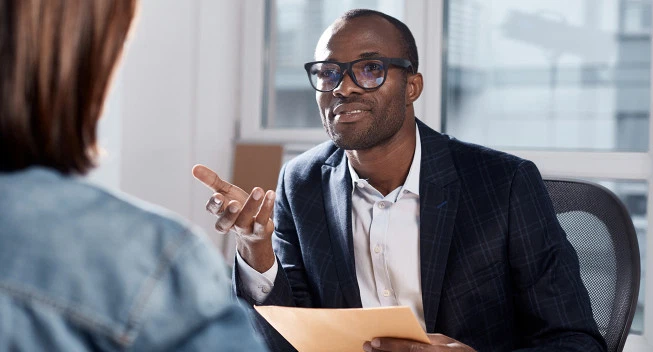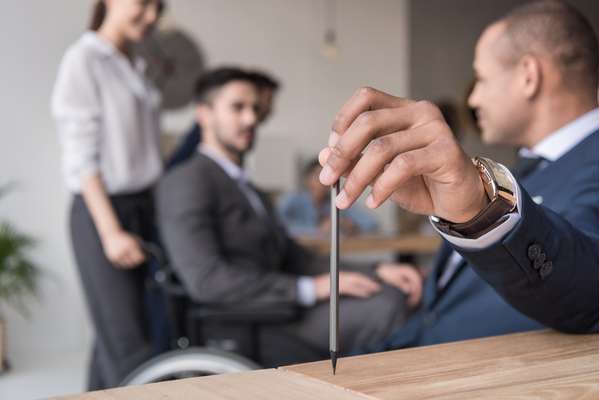Accountability is a very old fashioned word in today’s world. It’s said that we live in the most unaccountable generation ever.But a lack of accountability only results in a lack of trust and support, a whole lot of frustration and extra work for others.
A lack of accountability has caused much heartache, sadness and tragedy in the world. Recent history has featured political leaders who were so blinded by their own arrogance and sense of power that they could not for one minute imagine that they could or should be held accountable for their actions.
The workplace has also had its fair share of people who refused to hold themselves accountable, like Markus Jooste, Gavin Watson among others, and countless civil servants who have been quite “generous” to themselves with other people’s money.
But before we get all huffy just thinking about those people, it might be a good exercise to examine our own level of accountability.
You can assess your own accountability by how you have taken (or not taken) responsibility for your own actions. It might range from seemingly minor matters like trying to wriggle out of paying a speeding ticket to refusing to take responsibility for the breakdown of a relationship or a failure to deliver at work.
If you have tried to blame someone else for your actions or lack of actions, you may be refusing to accept responsibility and accountability. To give you an idea of how rare it is to find someone who is prepared to be held accountable, ask yourself when last you heard someone say, “I did it. It’s my fault.” Mmmm … Thought not!
The problem few people realise they create for themselves is that they can’t expect accountability from anyone else until they’re prepared to hold themselves accountable for their own actions and statements. This applies to our work and our family life. If you’re not prepared to be accountable at work, you’re not going to be able to hold your staff accountable. They’re going to sense this and will become a law unto themselves as they realise you will never confront them because you are afraid to be confronted yourself.
Of course, when you hold yourself accountable, you have nothing to fear and will be quite happy to hold those who report to you accountable for their actions.
If you’re not prepared to be accountable for your actions in your home, you’re not going to be able to hold your children accountable for their actions. You can try, and you may well think you’re getting it right simply because you’re the adult and they’re the child, but when that child grows into adulthood, the chickens come home to roost and you can’t understand why your adult child is evasive, deceitful and such a loser because s/he never wants to be accountable for anything.
Managers and parents have failed to understand this basic of the most basic principles of accountability. Accountability all starts with you. You can’t think it should apply to others but not you – that you’re somehow exempt from being held accountable. When you start to be accountable yourself, you display moral leadership, acquire authority and can then insist on things being done properly.
I urge you to look at your own level of accountability and, if you think it needs to be improved, have the courage to do the necessary. Once you stop blaming others for your failure to deliver and take responsibility for yourself, you will be able to expect accountability from those who report to you. We really need more people who hold themselves accountable. Please be one of them!
Alan Hosking is the Publisher of HR Future magazine, www.hrfuture.net, @HRFuturemag. He is a recognised authority on leadership skills for the future and teaches experienced business leaders and Millennial managers how to lead with integrity, purpose and agility. In 2018, he was named by US-based web site Disruptordaily.com as one of the “Top 25 Future of Work Influencers to Follow on Twitter“.
























